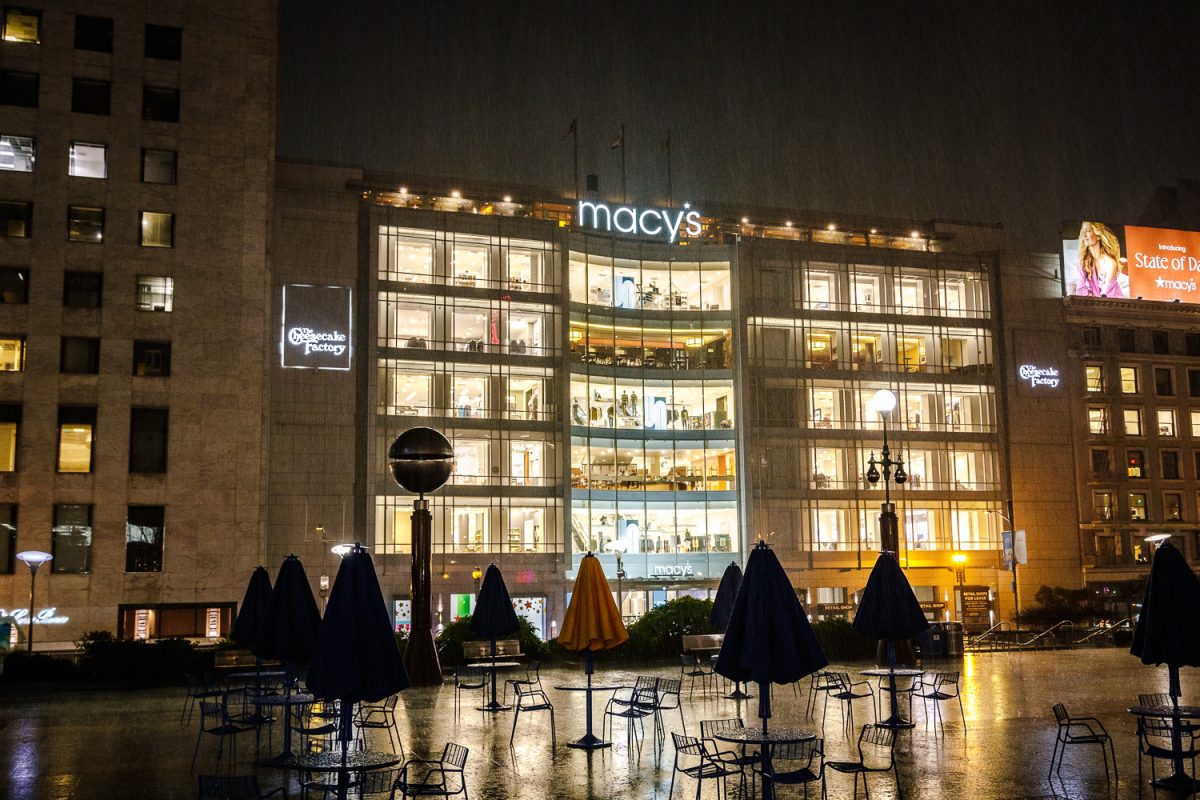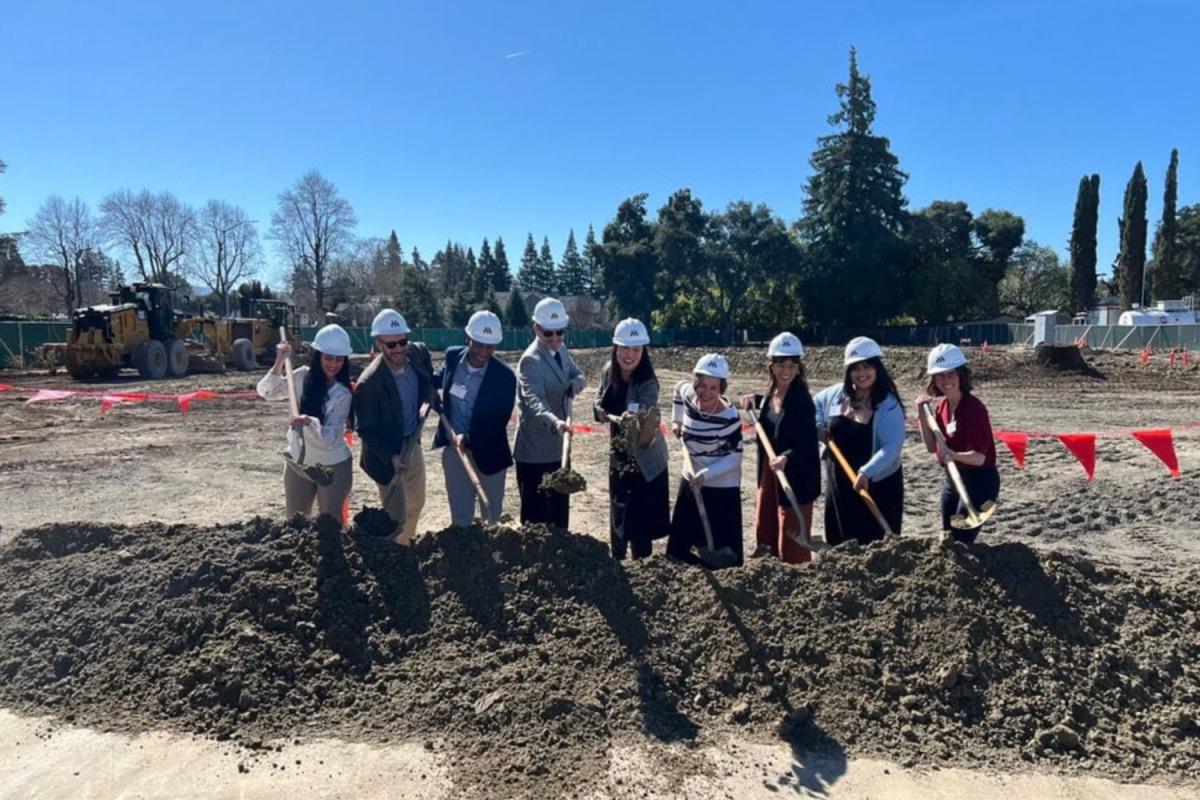Union Square Macy’s is the latest to the ongoing pattern of retail stores shutting down their downtown San Francisco locations since the pandemic.
The iconic store, spanning nearly an entire block and featuring eight floors of clothes, jewelry, and makeup, is the company’s last retailer in the city.
Numerous visitors and shoppers have fond memories, especially during the winter season, with Union Square’s classic ice skating rink and Christmas tree.
“Macy’s always had affordable clothes and the latest in fashion for the people of San Francisco. We would park in Union Square, right across the street from Macy’s. The store would have spectacular window displays, and during the holidays, they had puppies and kittens in the windows that people could adopt,” said Cathy Gerstbacher, a San Francisco resident and loyal Macy’s shopper of 60 years.
The news, while shocking to some given the store’s prevalence in the city, has been anticipated with the increasing smoothness and convenience of online shopping.
“Every delivery system is much better; you can get your items, and then they come down, so you don’t have to go into the store. You can always return it, and there’s an internal policy. It’s the convenience factor that lets you just stay home and not need to go out,” said Michael Kim, a relatively new San Francisco resident.
Macy’s decision to close has been attributed to sluggish sales rather than crime. Multiple department and flagship stores in San Francisco, including Nordstrom, Whole Foods, and Saks Off 5th, have closed due to various factors like employee safety and a shift in demand and foot traffic.
“City welfare has definitely gotten worse than what I saw when I came to visit five or six years ago. I think there are more noticeable car theft break-ins. I don’t know whether crime is equivalent to six years ago or if the media has shifted its focus, but it’s definitely more noticeable,” Kim said.
According to Regina Tong, a home-visiting social worker in San Francisco, the homeless population has always been the victims of societal neglect and scapegoats for issues like crime, often wrongfully taking the media spotlight in the context of a business shutdown.
She cites the pandemic, hate crimes, organized crimes, pandemic-induced unemployment, and evictions following the expiration of Covid rent relief as a few reasons for the current condition of the city.
“We have to be careful not to equate homelessness to theft, as lots of the looting was actually perpetrated by organized groups,” Tong said.
As the city continues to transition from lockdown, both residents and visitors express a sense of uneasiness or insecurity, contrasting with the past when, a few decades ago, people would go downtown to shop and make a day of it, dressing in their finer clothes.
“Visitors do not want to come here to shop. No one wants to be hustled, harassed, or taunted while shopping. Shopping online is a great alternative. Native San Franciscans take a risk and try the unknown or head to the suburbs to shop,” Gerstbacher said.
Union Square Macy’s stands as an exception to Macy’s current remarketing plan of closing 150 stores over the next two years. The store is actively trying to sell its retail space, and it will remain open until the company successfully secures a buyer for the property.
San Francisco’s commercially vacant downtown reflects the city’s ever-changing political and social climate. This transformation is not only represented in the retail landscape but also the pervasive challenges felt by the community.
“The prevailing issue is societal neglect and ignorance. It is very difficult to advocate for the homeless because there is no immediate monetary profit from doing so. People do not value the benefits of the long-term picture, and if we provide the support that homeless people need, our society as a whole can thrive,” Tong said.












